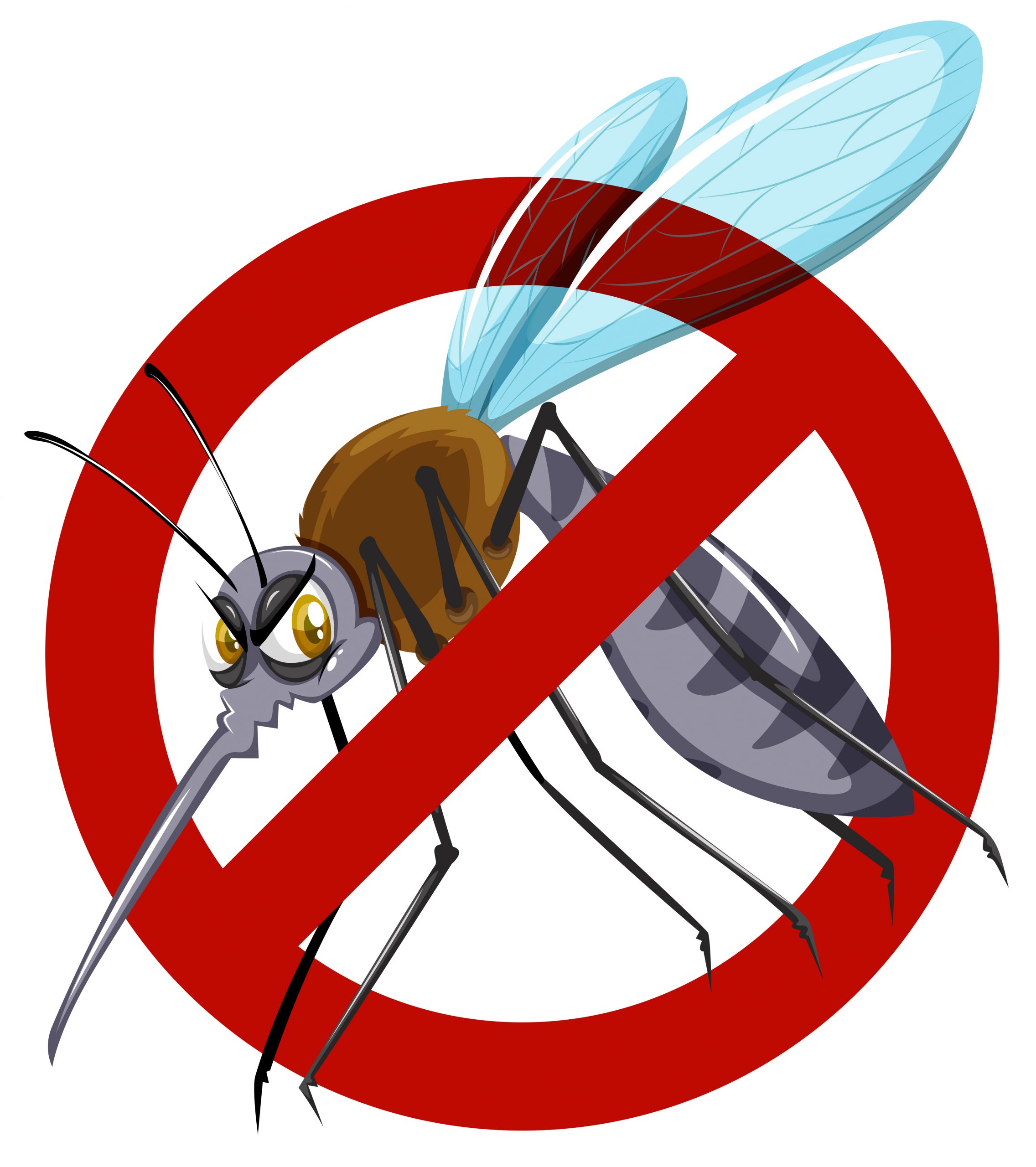

Scientists at Florida International University discovered the first and only natural arsenic-containing antibiotic to combat antibiotic resistance. Malaria transmission can now be stopped in the United States for the first time in 20 years, according to new study.
To address the rise of antibiotic-resistant microorganisms, a team from FIU’s Herbert Wertheim College of Medicine created arsinothricin (AST). Lab testing revealed that AST effectively fought antibiotic resistance, and most virulent germs, including E. coli and Mycobacterium tuberculosis.
In collaboration with malaria researchers in the College of Arts, Sciences, and Education, they recently discovered that AST, unlike other current antimalarial drugs, stops Plasmodium falciparum, the parasite that causes malaria, from infecting mosquitos. The discovery, which was recently published in the journal Microorganisms, opens the door for AST to be turned into a more effective antimalarial medicine for people.
“Current antimalarials don’t completely stop transmission, meaning patients can continue to infect mosquitoes before they recover,” said lead author of the study Masafumi Yoshinaga, associate professor of Cellular Biology & Pharmacology. “Developing new potent multi-stage drugs is imperative to ensure malaria elimination and eradication. We found AST is a promising lead compound for developing a new class of potent multi-stage antimalarials.”
While AST contains arsenic, an extremely dangerous and lethal poison, it is not pure arsenic. In truth, arsenic-based drugs have been used to safely treat and prevent various diseases since the early 1900s. When FIU researchers tested AST on human liver, kidney, and intestine cells, they discovered that it targeted the malaria parasite but did not harm the cells themselves.
Every year, an estimated 240 million malaria cases are recorded worldwide. Malaria can still occur in the United States, despite the fact that it is most common in Africa. The Centers for Disease Control and Prevention has issued a health warning concerning several locally acquired malaria illnesses in Florida and Texas, the first time the disease has spread in the United States since 2003.
Malaria is only transmitted by mosquitos. Malaria spreads when a mosquito bites someone with malaria, and the parasites in the blood infect the mosquitoes, according to Jun Li, associate professor of biological sciences, Biomolecular Sciences Institute researcher, and one of the study’s authors. Infected mosquitos can bite another person ten days later and spread the sickness to them. The use of AST to prevent parasites from transmitting to mosquitos disrupts the malaria life cycle.
The team has been granted a US patent for the chemical synthesis of AST as well as methods of utilising it. But, before AST can be developed into a drug—a time-consuming and costly process—the researchers will continue to investigate how it enters human red blood cells, where it can be even more potent against the parasite.
“What’s exciting about our research is it demonstrates how chemically different AST is from other drugs and that gets us even closer to drugs that are more effective,” said Barry P. Rosen, distinguished university professor and a member of the research team. “We have a long way to go before we have a drug that goes to market, but this foundational work paves the way toward that goal.”
more recommended stories
 Nanoplastics in Brain Tissue and Neurological Risk
Nanoplastics in Brain Tissue and Neurological RiskKey Takeaways for HCPs Nanoplastics are.
 AI Predicts Chronic GVHD Risk After Stem Cell Transplant
AI Predicts Chronic GVHD Risk After Stem Cell TransplantKey Takeaways A new AI-driven tool,.
 Red Meat Consumption Linked to Higher Diabetes Odds
Red Meat Consumption Linked to Higher Diabetes OddsKey Takeaways Higher intake of total,.
 Pediatric Crohn’s Disease Microbial Signature Identified
Pediatric Crohn’s Disease Microbial Signature IdentifiedKey Points at a Glance NYU.
 Nanovaccine Design Boosts Immune Attack on HPV Tumors
Nanovaccine Design Boosts Immune Attack on HPV TumorsKey Highlights Reconfiguring peptide orientation significantly.
 High-Fat Diets Cause Damage to Metabolic Health
High-Fat Diets Cause Damage to Metabolic HealthKey Points Takeaways High-fat and ketogenic.
 Acute Ischemic Stroke: New Evidence for Neuroprotection
Acute Ischemic Stroke: New Evidence for NeuroprotectionKey Highlights A Phase III clinical.
 Statins Rarely Cause Side Effects, Large Trials Show
Statins Rarely Cause Side Effects, Large Trials ShowKey Points at a Glance Large.
 Anxiety Reduction and Emotional Support on Social Media
Anxiety Reduction and Emotional Support on Social MediaKey Summary Anxiety commonly begins in.
 Liquid Biopsy Measures Epigenetic Instability in Cancer
Liquid Biopsy Measures Epigenetic Instability in CancerKey Takeaways Johns Hopkins researchers developed.

Leave a Comment